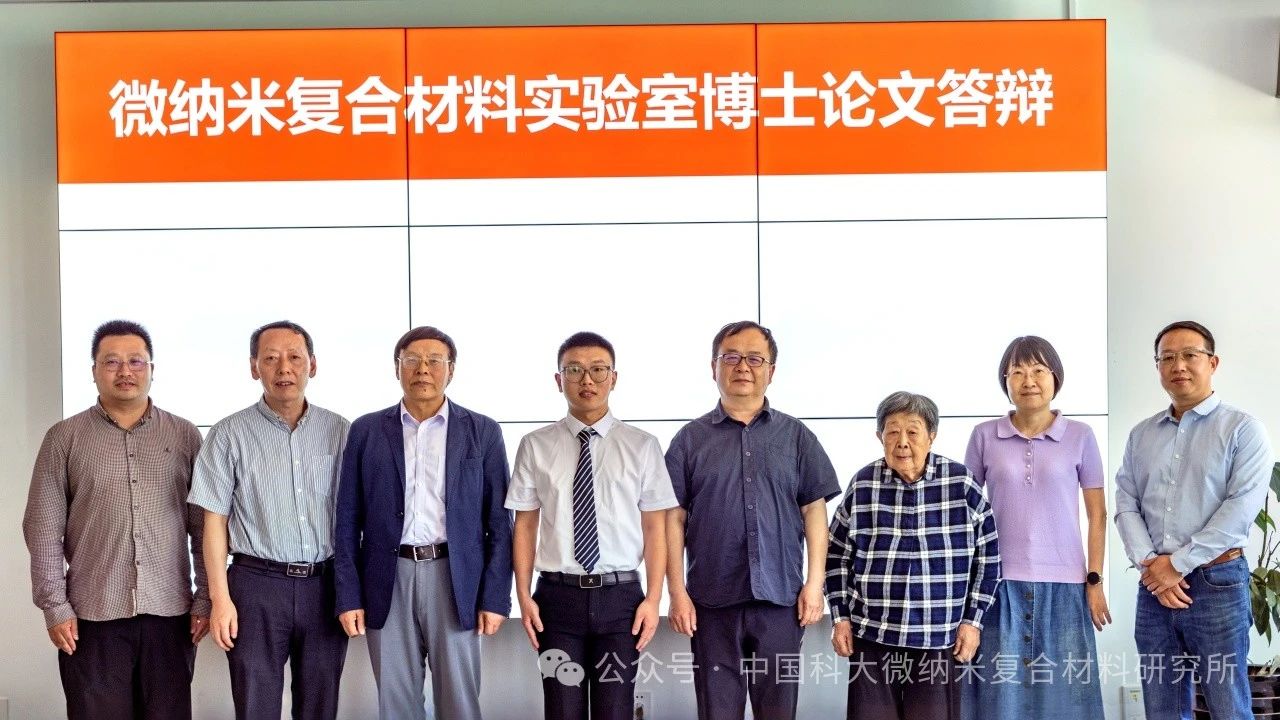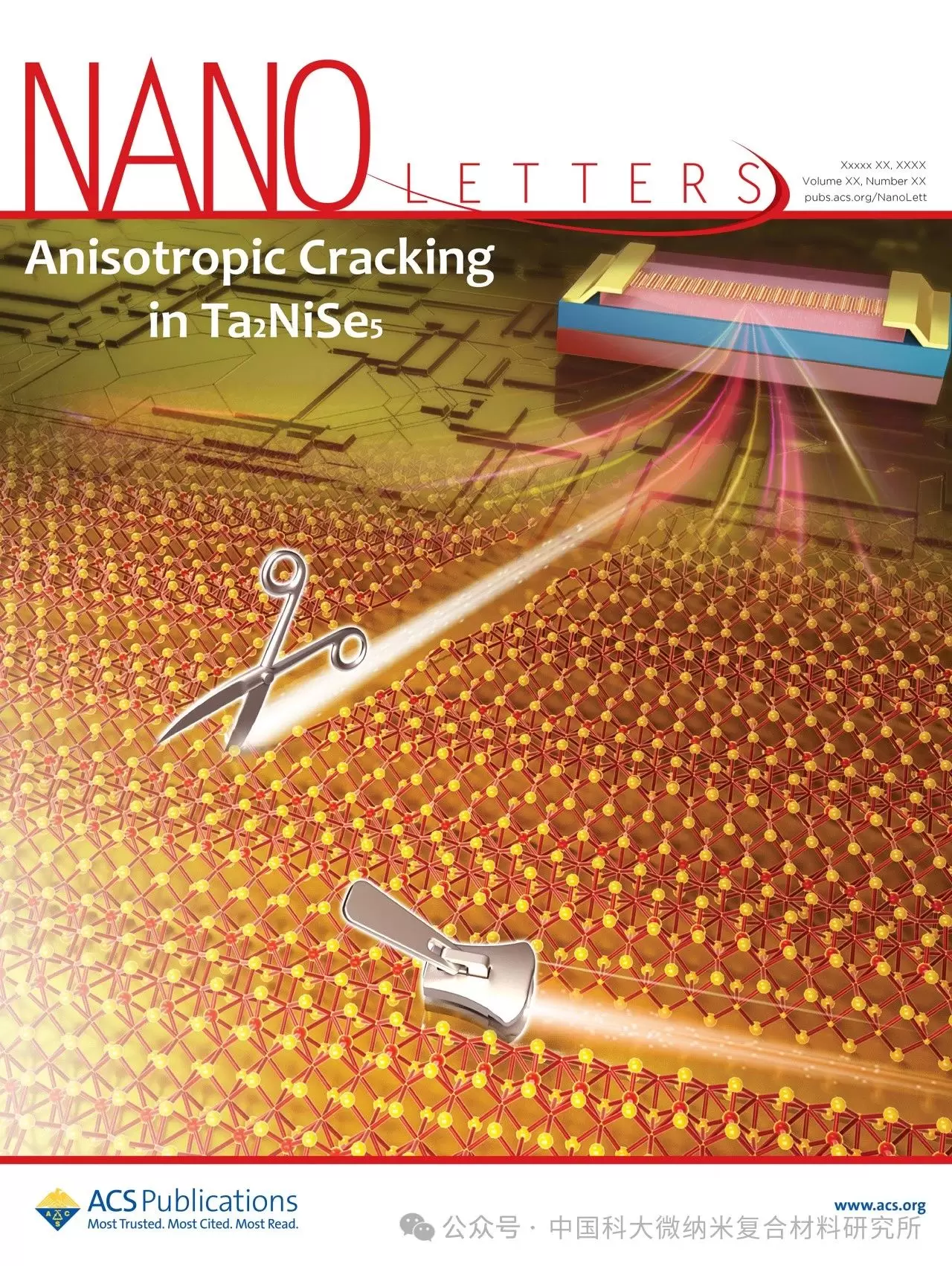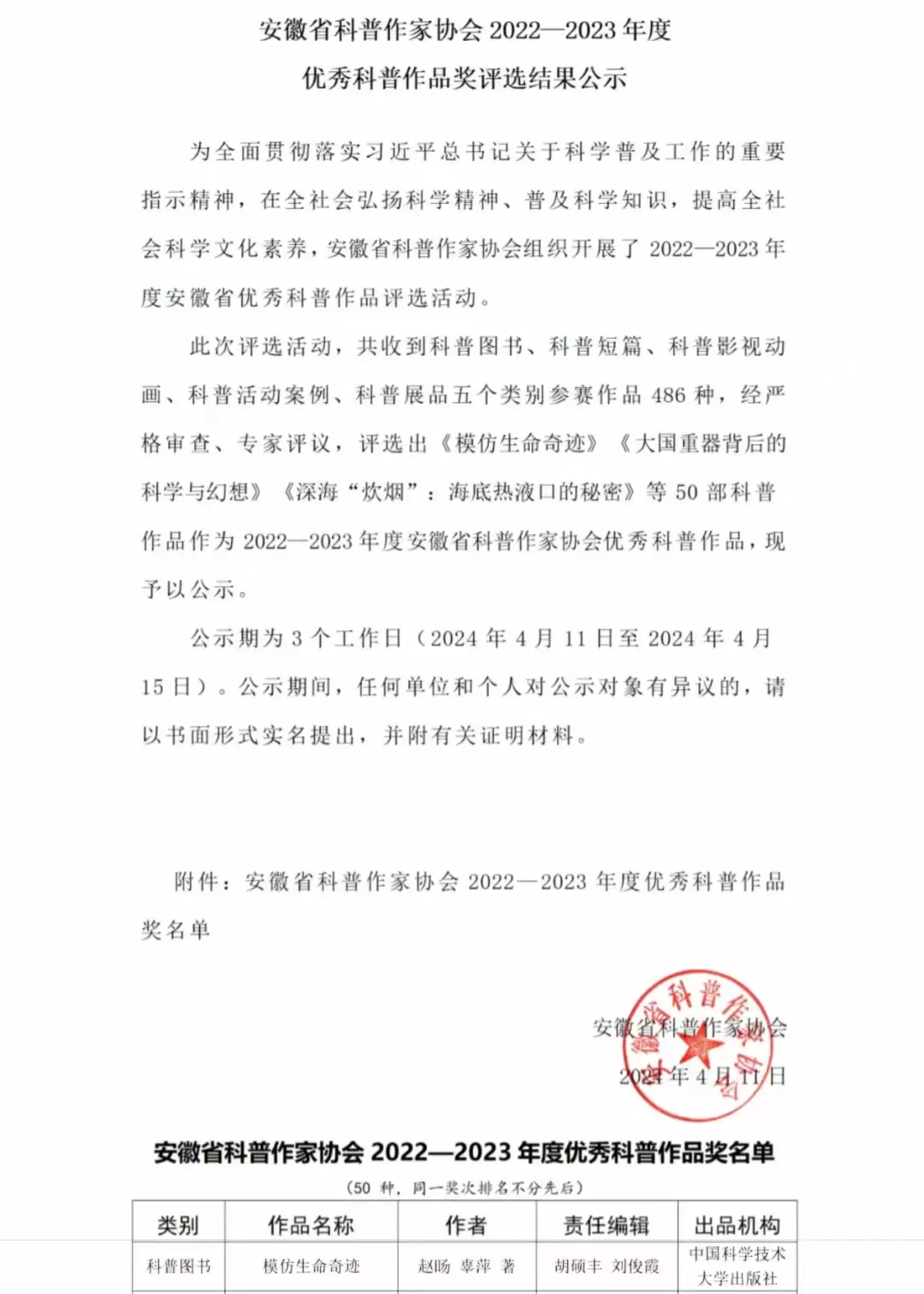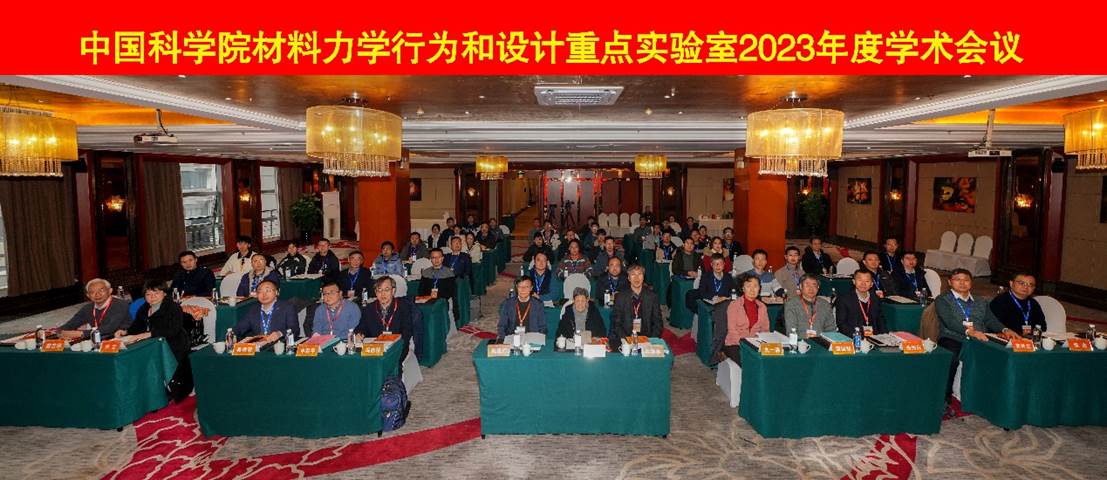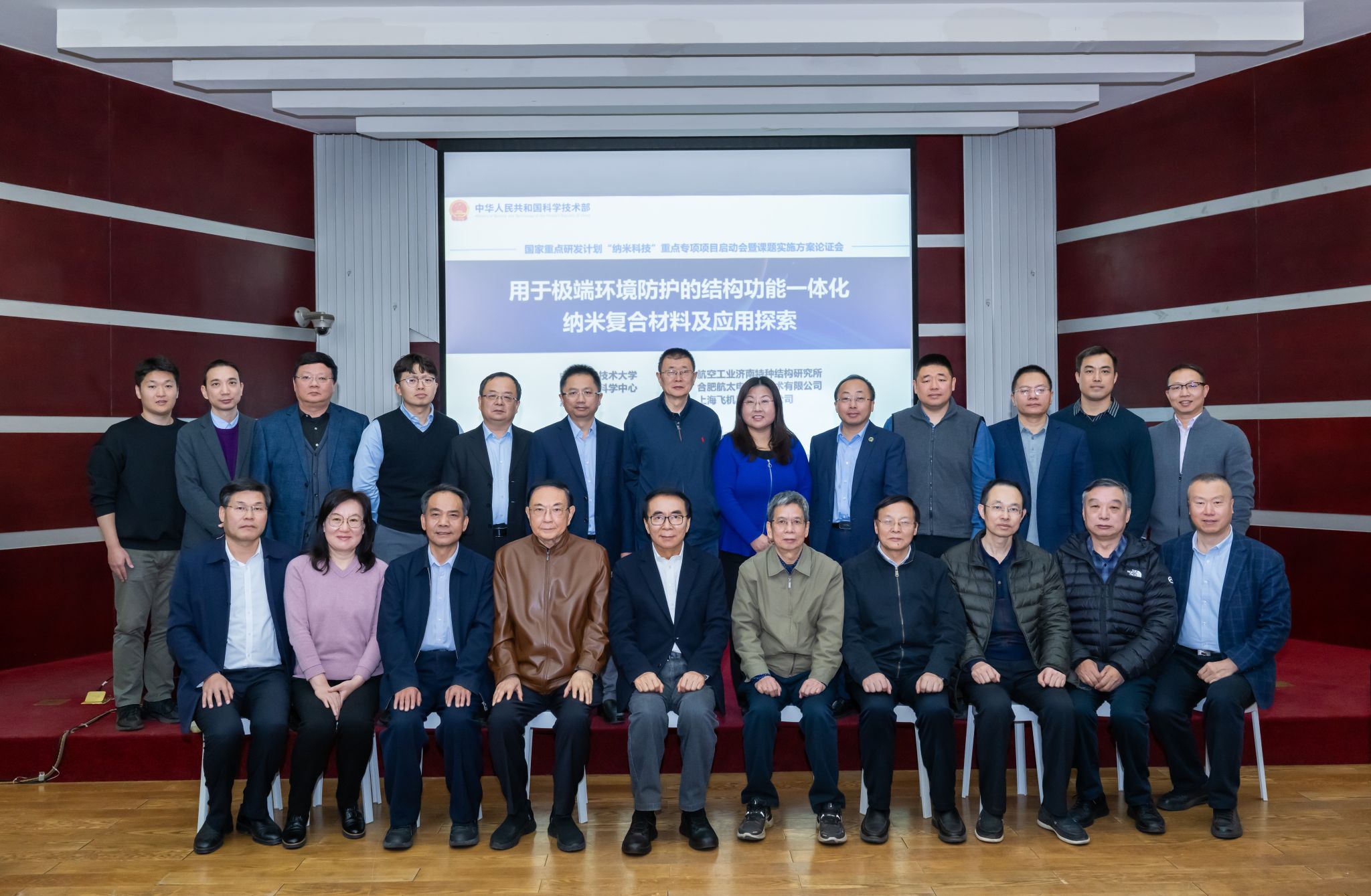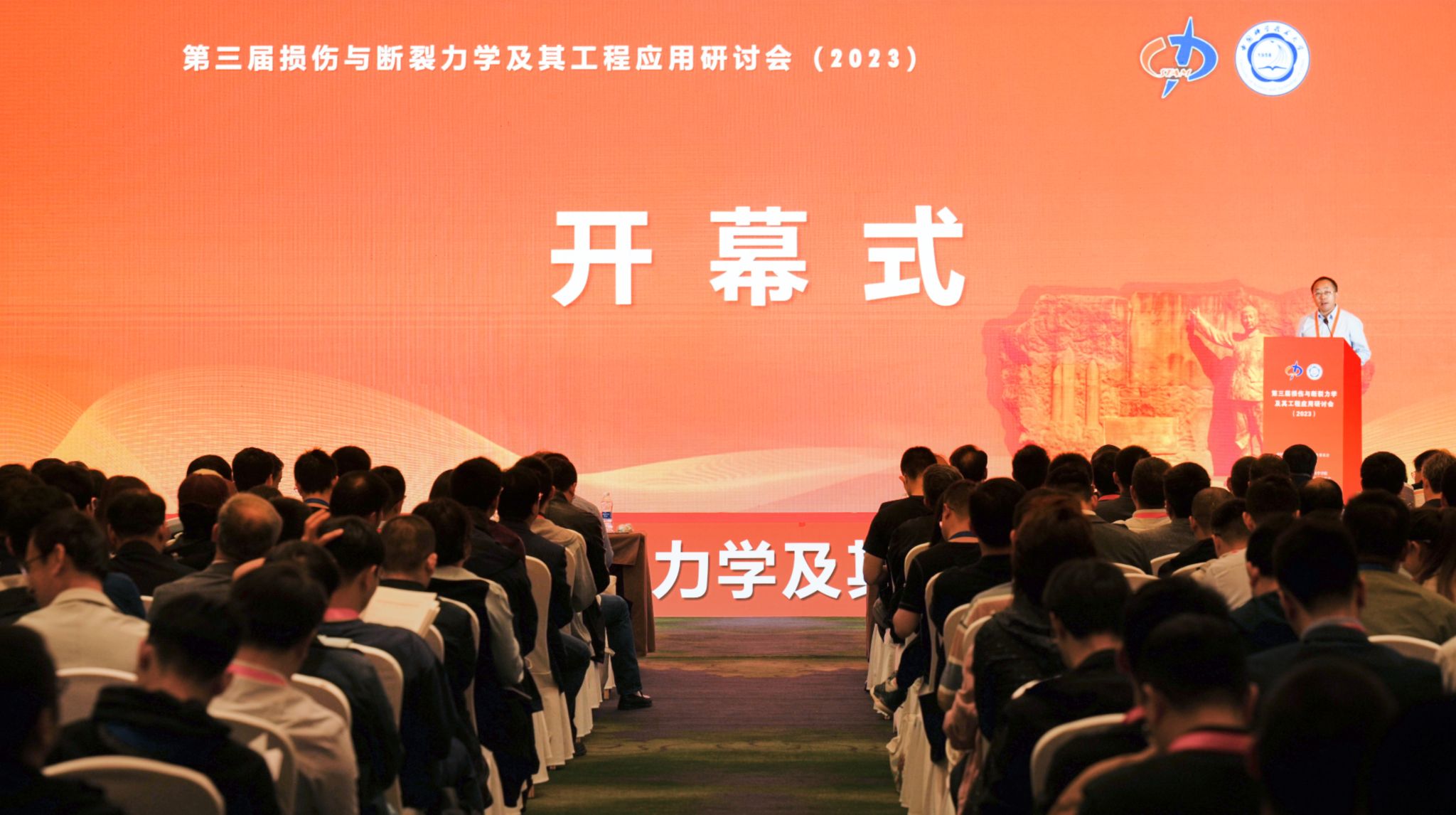The 9th China International Conference on Nanoscience and Technology was held in Beijing
On August 26, the 9th China International Conference on Nanoscience and Technology (ChinaNANO 2023), hosted by the National Center for Nanoscience and Technology, was held at the Beijing International Convention Center.
Since its establishment in Beijing in 2005, after 18 years of development, the ChinaNANO International Conference has become an international brand conference in the field of nanoscience and technology, and an important platform for scientific and technological workers in the global nano field to conduct academic and technical exchanges and cooperation. It is also a competitive and cooperative platform for nano companies to look at the world, demonstrate their competitive strength, and develop emerging markets. This conference continues to uphold the purpose of strengthening global exchanges and cooperation in the field of nanotechnology, and provides a platform for scientific exchanges, corporate cooperation and strategic planning for nearly 2,000 experts, young scholars and corporate elites engaged in nanotechnology research from more than 20 countries and regions around the world.
In his speech at the opening ceremony, Bai Chunli, chairman of the conference and academician of the Chinese Academy of Sciences, pointed out that in the past 30 years, the application of nanoscience and technology in energy and environment, biomedicine, information equipment, green manufacturing, quantum technology and artificial intelligence has become increasingly extensive, which has had a significant impact on modern science and transformative manufacturing technology. my country has been actively promoting basic research and applied research in nanotechnology. A series of statistical data show that my country has become an important contributor to the progress of nanotechnology in the world today and one of the major countries in nanotechnology frontier research and development. my country has leapt to the international leading level in some basic research directions, and nanotechnology application research and achievement transformation have also begun to show results. Science and technology are the primary productive force, talents are the primary resource, and innovation is the primary driving force. In the future, we will further strengthen basic research in the field of nanotechnology, consolidate the foundation for the development of nanotechnology, and further strengthen our core contribution to the field of industrial technology. We will also continue to carry out forward-looking international cooperation. We sincerely hope that through the joint efforts of nanotechnology workers around the world, nanotechnology will achieve more original breakthroughs in basic frontier fields and play an important role in promoting global scientific and technological innovation.
At the opening ceremony, Yu Jihong, deputy director of the National Natural Science Foundation of China, Zhao Junning, deputy director of the State Food and Drug Administration, Lei Chaozi, director of the Science and Technology Department of the Ministry of Education, Zheng Jian, deputy director of the Basic Department of the Ministry of Science and Technology, and Zhang Jin, vice president of Peking University, delivered speeches on behalf of various departments and units, respectively, and put forward policy suggestions and hopes for the development of nanotechnology. The Beijing Municipal Science and Technology Commission, the Science and International Cooperation Department of the State Drug Administration, the Interdisciplinary Science Department of the National Natural Science Foundation of China, the Frontier Science and Education Bureau, the Science and Technology Promotion and Development Bureau, and the Science Communication Bureau of the Chinese Academy of Sciences attended the meeting. The opening ceremony was hosted by Zhao Yuliang, an academician of the Chinese Academy of Sciences and director of the National Center for Nanoscience.
Six top scholars from around the world gave special reports at the conference, and more than 500 well-known scientists gave invited reports in 15 venues, showing the latest research progress and scientific research results in the field of nanoscience and technology.
The Mainland-Hong Kong Science and Technology Innovation Forum was organized at the same time as the conference. The guests will focus on the ways for the mainland and Hong Kong to promote scientific and technological collaborative innovation, promote the integrated development of educational talents, and build joint R&D centers between mainland and Hong Kong universities and scientific research institutions. Expand the cooperation in scientific research projects between mainland and Hong Kong universities and scientific research institutions, build professional and diversified academic teams, jointly explore basic frontier issues, strive to achieve international leadership in high-end science, and strengthen talent exchanges between mainland and Hong Kong universities and scientific research institutions.
Several forums, including the China-Australia Bilateral Forum, The 8th Youth Nano Forum, and 2023 Asian Young Nano Scientists Forum, will also be held at the same time to jointly explore the development of complementary international cooperative research projects and establish good research cooperation relationships. More than 10 domestic and foreign professional magazines and journals also participated in this conference and held named academic forums.
The 5th World Nano-Center Director Forum was held on August 25. Nearly 40 nano-center directors, top scientists, and editors of well-known academic journals from the United States, Europe, Japan, South Korea, Singapore, Australia, Israel and other countries and regions attended the forum. At the forum, Danny Porath, professor at the Harvey M. Kreuger Family Nano Research Center in Israel, Shi Jianlin, academician of the Chinese Academy of Sciences and researcher at the Shanghai Institute of Ceramics, Chinese Academy of Sciences, and Li Haiyuan, professor at Hanyang University in South Korea, and other internationally renowned scientists in the field of nanotechnology gave keynote speeches on hot issues in the nano field, such as nanomedical detection, nanocatalysis, and nanotechnology and semiconductors.
The forum also announced the top ten important frontier scientific and technological problems in the field of nanoscience and technology. These problems were raised by Science magazine and the National Center for Nanoscience and Technology, in conjunction with hundreds of well-known experts and scholars in the field of nanoscience and technology from around the world. They cover ten nanoscience research fields from basic theory to frontier applications, including nano theory, nano safety, nano catalysis, nano biology, nano medicine, atomic precision manufacturing, extreme measurement, and the support and promotion of nanotechnology for electronic devices, computers and global sustainable development. The ten major nanoscience problems are intended to provide guidance for scientific research in the field of nanoscience and technology around the world, and to bring new inspiration to exploring the knowledge boundaries of nanoscience and technology and tapping the potential of nanoscience and technology.
On the one hand, ChinaNANO 2023 will continue to provide a platform for academic exchanges on the frontiers of nanoscience and technology for global nanoscience and technology workers; on the other hand, it will be built into an international cooperation platform for nanoscience and technology innovation achievements and related enterprises to showcase new technologies, new products and new equipment, and jointly develop the industrialization of nanoscience and technology. More than 40 companies and institutions from the industry will showcase their latest technologies and achievements at the conference.
This conference specially set up the China Nano Exhibition, including three exhibition areas: basic research, applied basic research and applied research. The exhibition is linked with biology, materials and devices as the main lines, while integrating regional development characteristics and reflecting the development process of the industrial innovation chain, comprehensively displaying the nanotechnology innovation industry chain facing the world's technological frontier, reflecting the role of nanotechnology in driving new formats and promoting social development.
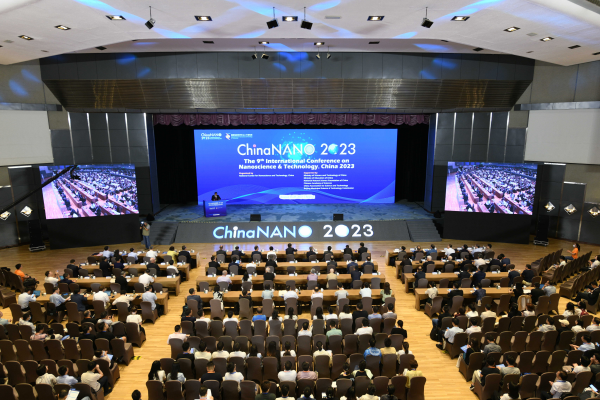
Opening ceremony of the conference


 Current Location:
Current Location:
